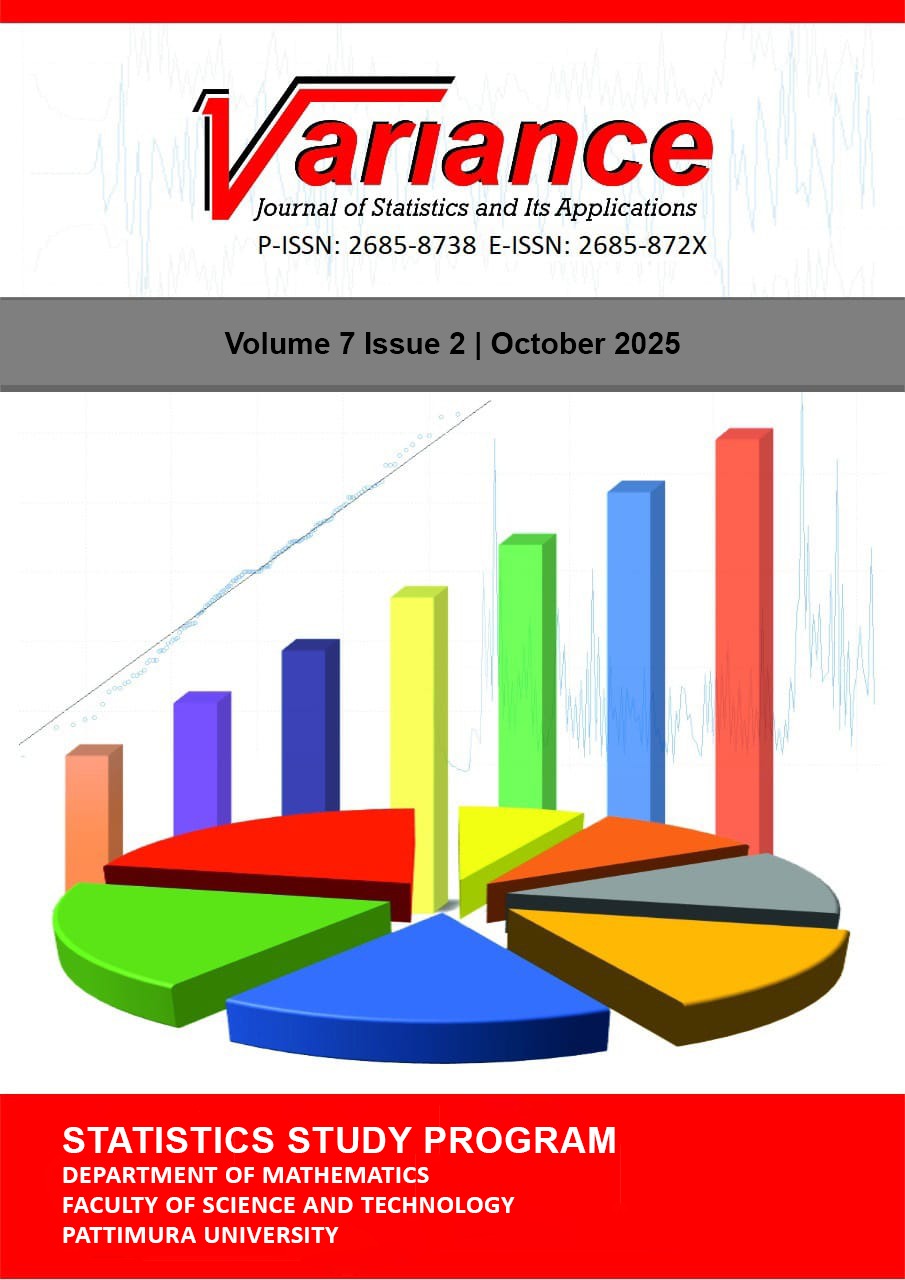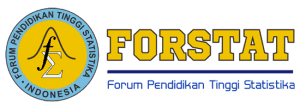COMPARISON OF SENTIMENT ANALYSIS USING NAÏVE BAYES CLASSIFICATION METHOD AND LEXICON BASED ON JIWA+ BY JANJI JIWA APPLICATION REVIEWS
Abstract
The coffee beverage industry in Indonesia is experiencing significant growth, intensifying competition among businesses striving to maintain quality for customer loyalty. E-commerce applications play a vital role in preserving business standards as they directly engage with consumers. Janji Jiwa is among the coffee brands leveraging an application named Jiwa+ in their operations. Analyzing reviews on this e-commerce platform provides valuable insights for business owners and app developers. In this study, sentiment analysis was conducted by classifying reviews into positive, neutral, and negative sentiments using two methods: Lexicon Based and Naïve Bayes. The Lexicon Based method uses a predefined dictionary as the basis for labeling, while Naïve Bayes relies on training data to provide new insights into how both methods handle this type of data. A total of 597 Jiwa+ application reviews from the Google Play Store were utilized, split into 90% training and 10% testing data sets. The study results indicate that Naïve Bayes produces a better model than the Lexicon-Based method, as shown by its higher accuracy, sensitivity, and specificity. This is because Lexicon-Based relies on labeling words from a dictionary, which may not cover all words in the reviews, leading to labeling errors and misclassification.
Downloads
Copyright (c) 2025 VARIANCE: Journal of Statistics and Its Applications

This work is licensed under a Creative Commons Attribution-NonCommercial-ShareAlike 4.0 International License.



 Editorial Team
Editorial Team
 Peer Review Process
Peer Review Process Focus & Scope
Focus & Scope Open Acces Policy
Open Acces Policy Privacy Statement
Privacy Statement Author Guidelines
Author Guidelines Publication Ethics
Publication Ethics Publication Fees
Publication Fees Copyrigth Notice
Copyrigth Notice Plagiarism Screening
Plagiarism Screening Digital Archiving
Digital Archiving





